Along with many other localities, whooping cough cases are increasing in Ha Nam, requiring people to pay attention to vaccination.
There are 4 cases at the following communes: Thanh Nguyen (Thanh Liem district); Nhan Khang (Ly Nhan district), Kim Binh (Phu Ly city).
The Ha Nam Center for Disease Control (CDC) has collected samples and sent them to the National Institute of Hygiene and Epidemiology for testing; at the same time, coordinated with the Provincial General Hospital, Thanh Liem District Medical Center, Ly Nhan District, and Phu Ly City to investigate the case; and implemented epidemic prevention and control measures at the hospital and the community.
 |
| Whooping cough patient is being treated at the National Children's Hospital. |
Currently, the above 4 cases are being treated as inpatients at Ha Nam Provincial General Hospital (2 cases), Hung Yen Obstetrics and Pediatrics Hospital (1 case) and National Children's Hospital (1 case).
Thus, from the beginning of 2024 until now, the whole province has recorded 9 cases of whooping cough. Of which, 9 cases were positive for whooping cough bacteria and were located in Thanh Liem district (4), Kim Bang district (1), Phu Ly city (3), and Ly Nhan district (1).
In Hanoi, the whooping cough epidemic is also complicated. Specifically, from the beginning of 2024 until now, in Hanoi, there have been nearly 200 cases of whooping cough in 29 districts, towns and cities; while in the same period in 2023, no cases were recorded.
According to the National Children's Hospital, from the beginning of July 2024 until now, the hospital's Tropical Disease Center has received nearly 400 children with whooping cough.
Most of the cases are children under 1 year old who have not been vaccinated or have not received enough doses of the vaccine. Currently, the Center for Tropical Diseases has nearly 40 children with whooping cough being treated, including one seriously ill child who needs a ventilator.
According to Dr. Nguyen Thanh Le, Deputy Head of the Pediatrics Department, Central Hospital for Tropical Diseases, since the beginning of the year, the Pediatrics Department has recorded sporadic cases of whooping cough.
Whooping cough often starts silently with symptoms of rhinitis such as nasal congestion, runny nose, mild sore throat, mild dry cough and mild or no fever, lasting about 1-2 weeks.
This stage is easily confused with other mild respiratory tract infection symptoms, especially in young children, because the cough is so little that it is easily mistaken for bronchitis. The above child is also one of such cases.
After the initial stage, the cough begins to become paroxysmal, lasting from 10 to 20 hours or from 30 seconds to 1 minute of continuous coughing without breathing, preventing the child from inhaling oxygen, leading to respiratory failure.
The coughing spell ends with a “whooping” sound on inspiration and may be accompanied by vomiting. Although the child is often exhausted after a coughing spell, between coughing spells he or she appears relatively healthy.
Dr. Le emphasized that paroxysmal coughs often increase in frequency and severity as the disease progresses and last from 2-6 weeks.
These coughs are often worse at night. The illness may be milder and without the characteristic cough in children, adolescents, and adults who have been previously vaccinated.
Usually, from the initial stage until complete recovery, whooping cough lasts about 3 months. The disease can heal on its own and is common in children under 2 months of age.
To protect yourself and your family, especially young children, people need to be fully vaccinated and when having suspicious symptoms, need to go to a medical facility for timely examination and treatment. If whooping cough is detected and treated early, the prognosis will be better.
But if the disease is detected late, it can cause serious complications. Common complications that seriously affect health include: Pneumonia - bronchitis; Respiratory failure;
Hypoxic encephalopathy during respiratory failure and some other complications such as conjunctival hemorrhage, pneumothorax, strangulated hernia, rectal prolapse, otitis media, epilepsy, mental retardation, paralysis, umbilical and rectal hernia, etc. Therefore, early and proper detection and treatment of whooping cough is extremely important.
Also regarding whooping cough, previously, information from the Quang Ninh Province Obstetrics and Pediatrics Hospital said that in the past 2 months, this hospital examined and hospitalized 13 cases of children with whooping cough with symptoms of continuous coughing for many weeks, fever, cyanosis, exhaustion, fatigue, loss of appetite, etc.
Most of the children who got whooping cough were not vaccinated or had not received enough doses. Many children got whooping cough under 2 months of age, before the recommended age for vaccination (according to the vaccination schedule, children get the first dose of whooping cough vaccine at 2 months of age).
This is a disease that causes dangerous complications and is highly fatal for children under 3 months old. Most of the children who get it have not been vaccinated or have not received enough doses of the vaccine. Many children who get whooping cough are under 2 months old.
According to doctors, because children under 3 months old have not yet reached the vaccination schedule or have not received enough doses of whooping cough vaccine, the risk of infection is high.
On the other hand, the child does not have immunity or does not receive immunity from the mother because the mother has not been vaccinated against this disease. Another concern is that children under 1 year old with whooping cough progress very quickly. The younger the child is with whooping cough, the higher the mortality rate.
According to Dr. Nguyen Tuan Hai, Safpo/Potec vaccination system, to prevent whooping cough, vaccination is the most important to protect children's health.
To proactively prevent whooping cough, parents need to take note to vaccinate their children against whooping cough fully and on schedule: 1st dose: When the child is 2 months old. 2nd dose: 1 month after the first dose. 3rd dose: 1 month after the second dose. 4th dose: When the child is 18 months old.
Children born to mothers who do not have antibodies against whooping cough are at higher risk of developing the disease than children who receive antibodies from their mothers.
To proactively prevent diseases for children before they reach vaccination age, mothers can get the combined tetanus-diphtheria-pertussis vaccine (Tdap) during pregnancy.
Along with that, it is necessary to implement other measures well such as regularly washing hands with soap, covering mouth when coughing or sneezing; keeping children's body, nose and throat clean every day; ensuring houses, kindergartens and classrooms are airy, clean and have enough light; limiting children from going to crowded places, avoiding contact with people with respiratory diseases, especially whooping cough.
Parents need to distinguish between whooping cough and common cough to take their children to the hospital promptly. When suspecting whooping cough or having any signs of the disease such as: Having many coughs, red or purple face during coughs, each cough lasts a long time; poor appetite, vomiting a lot; sleeping little; rapid breathing/difficulty breathing, take the child to the hospital for examination, determine the cause and support early treatment.








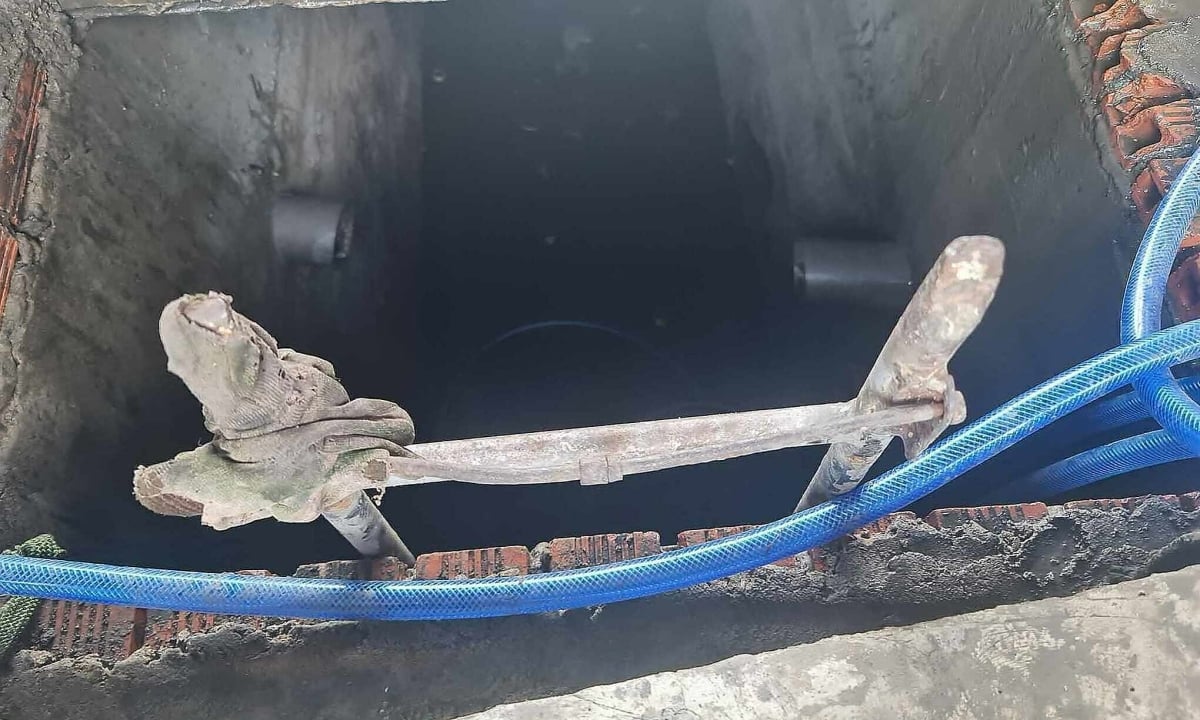

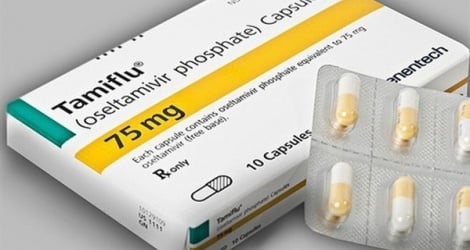

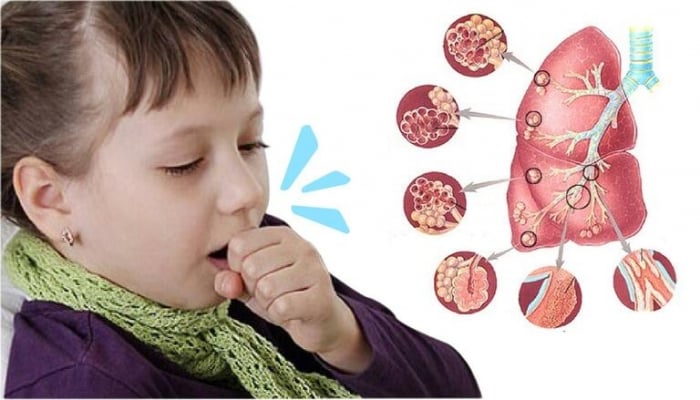


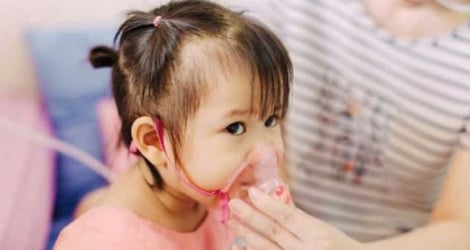









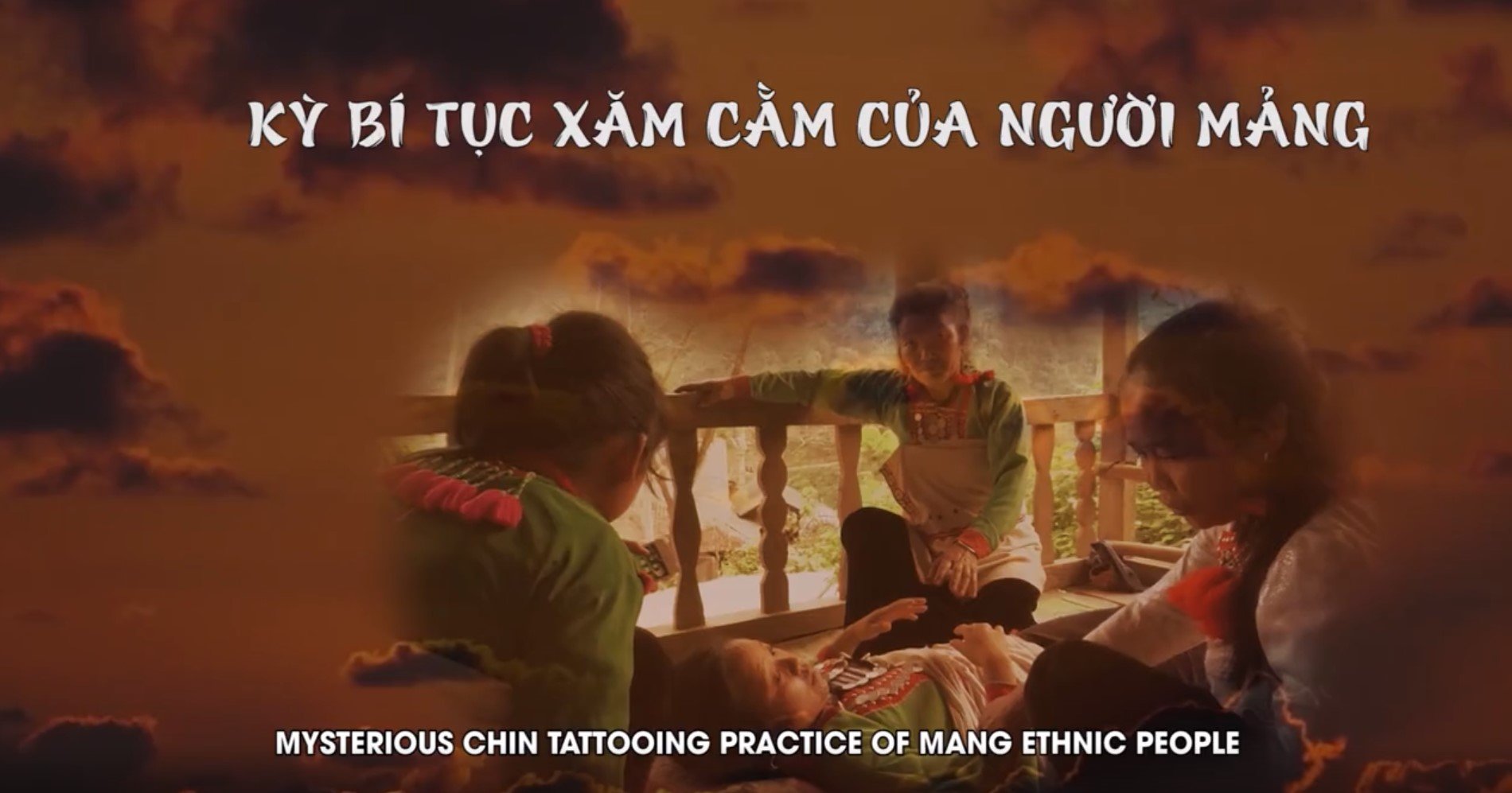












![[Photo] Prime Minister Pham Minh Chinh chairs Government Conference with localities on economic growth](https://vstatic.vietnam.vn/vietnam/resource/IMAGE/2025/2/21/f34583484f2643a2a2b72168a0d64baa)




















































Comment (0)